GENERAL CHAIRS
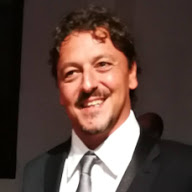
Prof. Eng. Rocco Furferi (PhD) is Associate Professor at the Department of Industrial Engineering of Florence (DIEF), University of Florence (Italy) where he teaches the courses Mechanical Drafting and Computational Graphics at the School of Engineering. His main research activities are Computer-based methods and tools, 2D and 3D machine vision, colorimetry and spectrophotometry. He was nominated Coordinator of the “Thematic Group WG2 - Innovative technologies and tools” for the European Cluster NanomeCH (Nano and Advanced MATErials for Cultural Heritage). He received the “Innovaciòn AR&PA 2012 award” at the VIII Bienal de la Restauraciòn y gestiòn del patrimonio” released by the “Junta de Castilla y Leòn” for the project “IMAT Intelligent Mobile Multipurpose Accurate Thermoelectrical (IMAT) Device For Art Conservation”. He received several National and International awards for his scientific work. He was appointed Project Manager for the IMAT project under EU FP7 and for the Project MANTECO for Planet, financed by Italian Foreign Affairs Ministry. He is in the Editorial board of several International Journals and Guest Editorof Special Issues in Machine Vision for industrial products. He is Chief Editor for Florence-Heritech since 2018. He is author of more than 130 papers published in scientific Journals and conference proceedings.
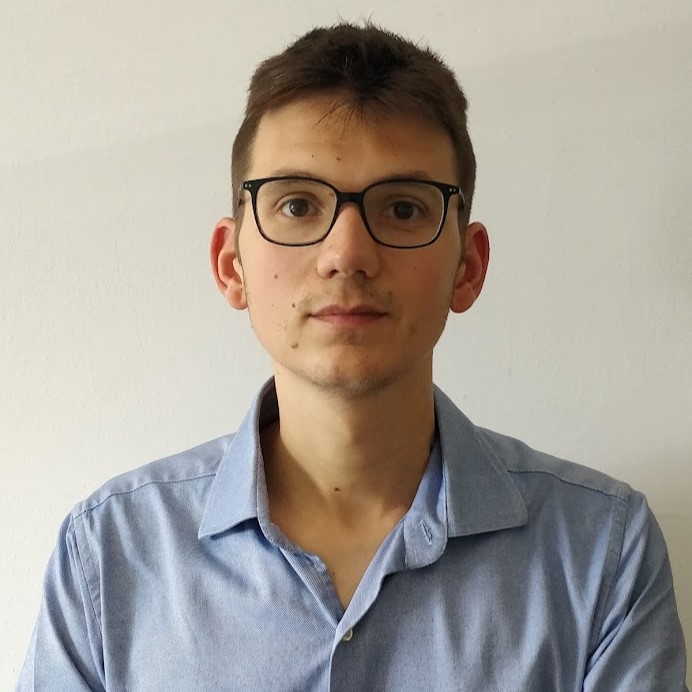
Francesco Buonamici is currently Senior Researcher at the Department of Industrial Engineering, University of Florence within the SSD ING-IND/15. His research interests fall in the fields of Reverse Engineering, Design for Additive Manufacturing, CAD, 3D printing, Topological Optimization, Tools and methods to support personalized medicine. He has authored more than 40 publications in these scientific areas.
In 2007 he attained the scientific high school diploma at the Liceo Scientifico "E. Balducci" in Pontassieve. In July 2011 he attained a bachelor's degree in Mechanical Engineering from the University of Florence, discussing a thesis entitled "Conceptual design of a vehicle for urban deliveries”.
In 2014, he graduated in the Master's degree program in Mechanical Engineering at the School of Engineering, University of Florence, with a thesis titled "Study of an automatic system to assist blind people in the tactile exploration of works of art," with a grade of 110 out of 110 cum laude.
In 2014, he was the winner of a doctoral fellowship in Industrial Engineering at the Department of Industrial Engineering in Florence, Italy. From 2014 to 2017 he pursued, as part of his PhD, a research project focused on developing a methodology for reconstructing CAD models from scanned data. In April 2018, he received the title.
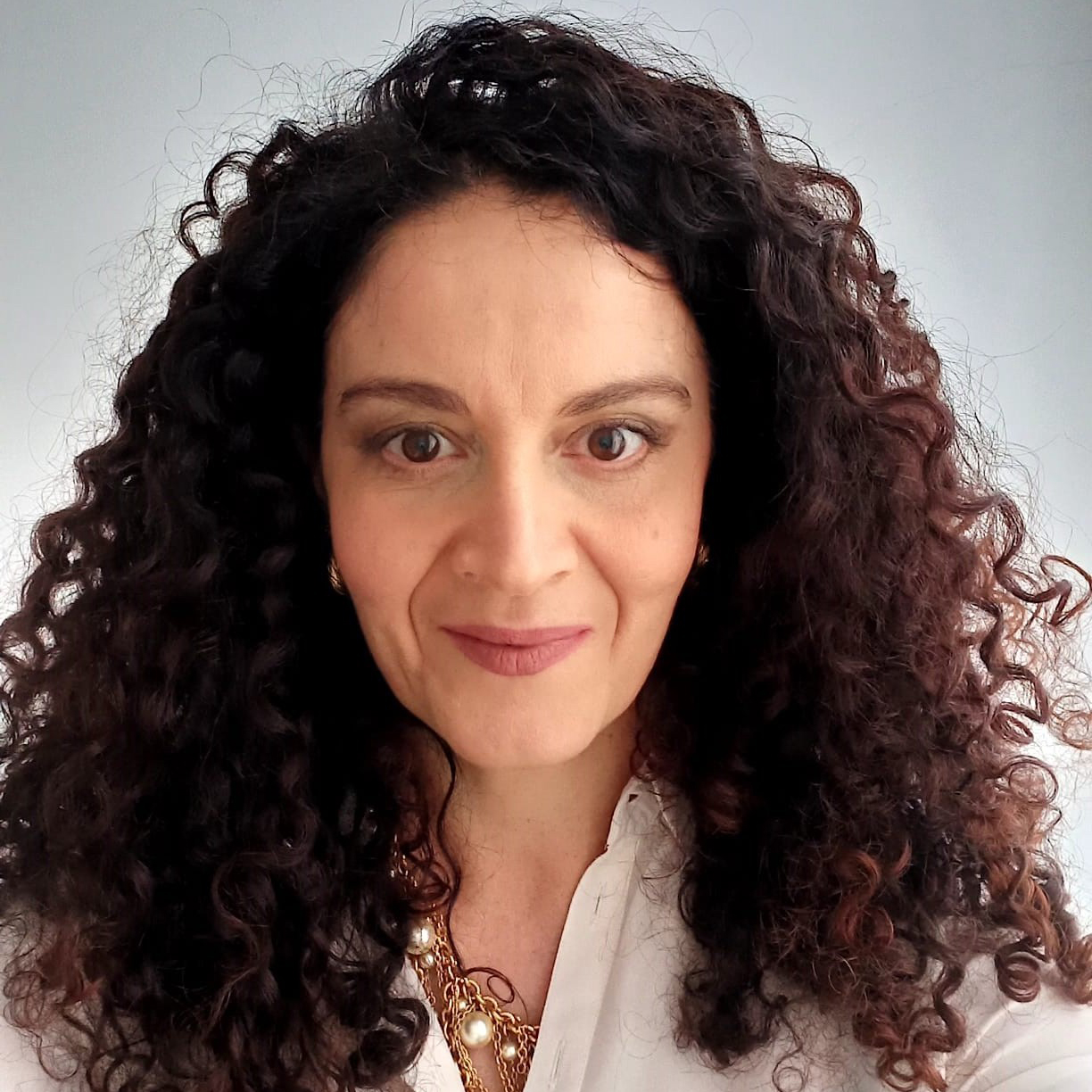
Dott. Eng. Anna Pelagotti, is Doctor in Electronics Engineering, currently working as Policy Expert at ERCEA, the Executive Agency of the European Research Council. Previously she served as Programme Officer at the European Commission. She is seconded from the National Research Council of Italy (National Institute of Optics). She has been working for public and private companies, starting her carrier at Philips Research Eindhoven (NL). Her main interests cover a broad range of topics, including biophotonics and digital imaging, with a special focus on image understanding. She also holds a degree in painting restoration. She is Co-Founder and owner of Art-Test, a specialized company providing services and devices for art diagnostics and authentication. She has written numerous scientific articles and chapters in books, for more than twenty years served as reviewer and member of several scientific committees and holds 11 international patents.
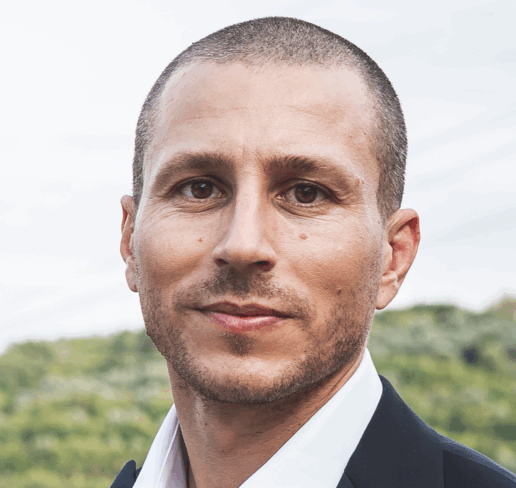
Dr. Andrea Barucci (PhD) is Senior Researcher at the “Nello Carrara” Institute of Applied Physics (IFAC) of the National Research Council of Italy (CNR), based in Florence. He holds a degree in Physics, a PhD in Electronic Systems Engineering and he is a specialist in Medical Physics. His teaching activity includes courses in Applied Physics and Artificial Intelligence at the University of Florence, where he is Adjunct Professor at the Department of Experimental and Clinical Biomedical Sciences “Mario Serio.” His main research interests focus on Artificial Intelligence applications across multiple domains, including medical imaging and precision medicine, biophotonics, cultural heritage, anthropology, paleontology, weather and space sciences. He is the coordinator of the projects dedicated to the application of deep learning to the study of Egyptian hieroglyphs and hieratic writing, and he contributes to major initiatives such as the NAVIGATOR and PRAMA projects on AI in medicine. He is Director of the Biophotonics and Artificial Intelligence School, an advanced international training initiative supported by CNR and the University of Florence. He has authored more than 200 scientific publications in peer-reviewed journals and conference proceedings and serves as reviewer for several international journals in AI, medical physics, and cultural heritage. Alongside his research, he is strongly committed to science communication, regularly engaging with the public through lectures, interviews and participation in radio, television programs, and articles in major media outlets such as Le Scienze and National Geographic.
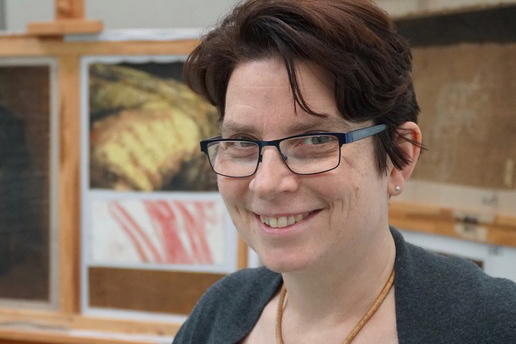
Dott. Kate Seymour is an art historian (MA Hons, Aberdeen University 1993) who received a Masters of Arts in the Conservation of Easel Paintings from the University of Northumbria at Newcastle in 1999. She moved to the Netherlands in 1999 to work at the Stichting Restauratie Atelier Limburg (SRAL), Maastricht (the Netherlands) as a painting conservator and is currently the Head of Education at this institution. Her position entails supervising the practical and research work carried out by post-graduate paintings’ students from the University of Amsterdam programme for the Conservation and Restoration of Cultural Heritage, as well as teaching and lecturing on a variety of subjects, both academic and practical, throughout the two year Master of Arts in Conservation Studies at the University of Amsterdam. She also co-organises and teaches modules at Maastricht University (FASOS and MSP) aimed at introducing conservation science to Liberal Arts and Science Bachelor students. She travels frequently abroad to give workshops on conservation practice and theory to mid-career conservators, integrating her material knowledge and practical skills with an ability to disseminate complex decision making processes. Her interests include the structural treatment of both canvas and panel paintings, cleaning polychromed surfaces, filling and retouching systems and varnishing painted surfaces. In addition, Kate Seymour is currently a member of the ICOM- CC Directory Board (2020-2023), where she holds office as Chair, following on from her service to this volunteer organisation as Directory Board - Coordinator Liaison on the 2017-2020 ICOM-CC Directory Board. She held the post of ICOM-CC Coordinator for the Working Group Sculpture, Polychromy, and Architectural Decoration (2008-2014), and Coordinator of the Education and Training in Conservation Working Group (2014-2017). She has been involved in a number of European funded projects, including IMAT (ENV-NMP.2011.2.2-5) and Proyecto Gacha (HAR2011-24217 Spain). In 2019, she was the project coordinator and one of the lecturing team for the Conserving Canvas Mist Lining Workshops hosted at SRAL, funded by The Getty Foundation. She currently leads the Indian Conservation Fellowship Program (ICFP) at SRAL (2013-2023).
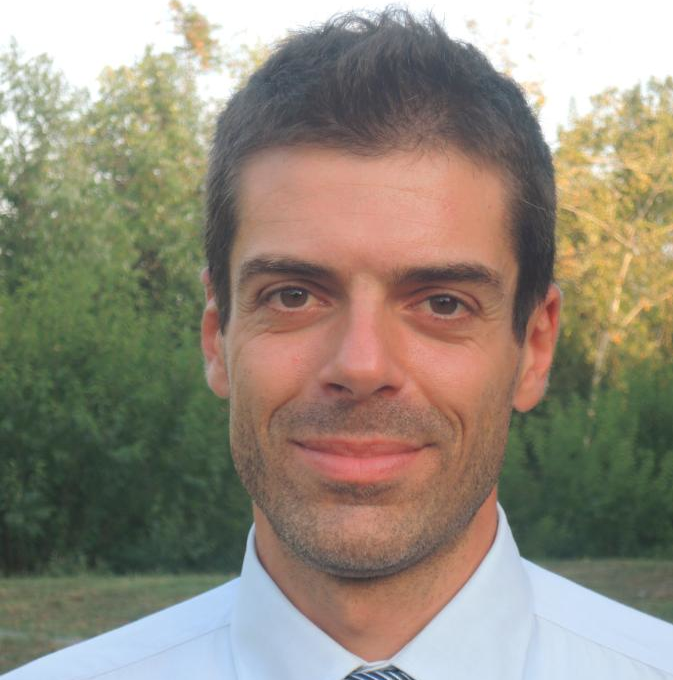
Prof. Eng. Francesco Gherardini is Associate Professor at the Department of Engineering “Enzo Ferrari” of the University of Modena and Reggio Emilia, where he also obtained the title of PhD in Simulation Methods and Mechanical Design. He teaches the courses of Technical Drawing, 3D CAD Modelling and Design Methods in the Bachelor's and Master’s Degree courses in Mechanical, Vehicle and Civil Engineering. His research activity focuses on the study, development and application of methods and tools for conceptual and functional product design, modelling and optimization in the fields of product engineering, engineering design, cultural heritage and aesthetic artefacts, occupational assistive devices. In the field of cultural heritage, he deals with museum and archaeological artefacts for 3D reconstruction (3D laser scanning and close-range photogrammetry), virtualization (digital heritage), reverse modelling, parametric 3D CAD and free-form modelling, and additive manufacturing. He is series editor of Lecture Notes in Mechanical Engineering and editorial board member of the journal Heritage Science (both published by Springer Nature).
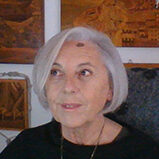
Prof. Maria Perla Colombini is Emeritus Professor of Analytical Chemistry, University of Pisa. Her teaching activities are related to the courses of Analytical Chemistry and Chemistry of Cultural Heritage. She is the Director of the University Master on “Materials and Diagnostic Techniques in the Cultural Heritage field”. Her research activity is related to the development of analytical procedures based on spectroscopic and chromatographic techniques for the characterisation of micropollutants in the environment and, above all, of organic materials and their degradation products in works of art and archaeological objects. She is leader of several national and international research projects for the safeguard of Cultural Heritage. She coordinates the research group of the Laboratory of Chemical Sciences for the Safeguard of Cultural Heritage and is specialised in the characterisation of binders, organic dyes and resins (varnishes, adhesives…) by chromatographic and mass-spectrometric techniques. She organized several Congresses and Schools of Chemistry in the Cultural Heritage field. She is in the directive staff of the Chemistry of Environment and Cultural Heritage of the Italian Chemical Society (SCI). Her research has resulted in over 150 publications in refereed journals and books, and in over 200 lectures at national and international congresses.